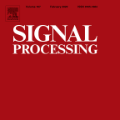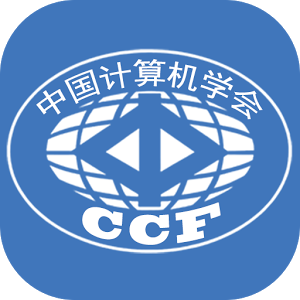CCF C类 | IJCNN 2019 Special Section : 信息论与深度学习
Special Section
Information Theory and Deep Learning
注意事项
When submitting your paper via https://ieee-cis.org/conferences/ijcnn2019/upload.php, please select “S01: Information Theory and Deep Learning”
All special session papers go through the same rigorous review process. Special sessions with only a small number of accepted papers will be cancelled, and the accepted papers moved to the regular oral or poster sessions.
概况
Deep learning led to a significant breakthrough in many applications in machine learning and signal processing. However, only little is known about the theory behind this successful paradigm. Recently, different information theoretic concepts (e.g., the information bottleneck principle, the Renyi's entropy functional and its multivariate extension) began to shed light on the analysis of multilayer perceptrons (MLPs), stacked autoencoders (SAEs) and the baseline convolutional neural networks (CNNs).
Despite the great potential of the past work, there are several open questions when it comes to applying information theoretic concepts to design and interpret more complex learning architectures, such as the recurrent neural networks (RNNs), the generative adversarial networks (GANs), etc.
On the other hand, recent work also demonstrates the success of deep learning architectures in traditional signal processing, communication and information theory communities, like channel estimation, source or channel coding, and inference in internet of things (IoTs).
This special session seeks to improve the current understanding of deep learning architectures (e.g., the training phase, the generalization capability, and the layer representations, etc.) with information theoretic concepts and, at the same time, exploit possible solutions on the next generation communication system design using deep learning techniques (e.g., the RNNs, the CNNs and SAEs, etc.). It also aims to bring a common focus to the deep learning and information theory communities to solve common problems, like the data compression, the message transmission under noisy environment, etc.
重要日期
Paper submission: Dec. 15, 2018 (there may be a two-week extension)
Acceptance notification: Jan. 30, 2019
征稿范围
Topics of interest for this special session include but are not limited to:
- Design and interpretation of deep learning architectures with information theoretic concepts
- Design, implementation and optimization of deep learning architectures for communications
- Information theoretic applications on signal processing, computer vision, natural language processing, etc.
- Estimation of Information theoretic quantities (e.g., entropy, mutual information, divergence, etc.)
组织方
Jose C. Principe, University of Florida, IEEE Life Fellow
Robert Jenssen, UiT - The Arctic University of Norway
Shujian Yu, University of Florida
contact: yusj9011@gmail.com




